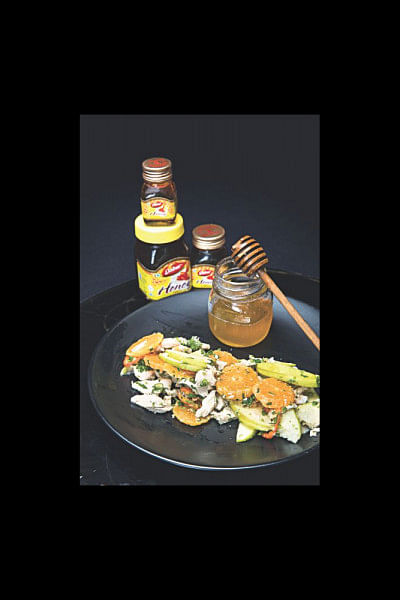Artificial sweeteners- yes or no?

Are you one of those people who desperately wants to lose weight, but at the same time, have a sweet tooth? Do you like adding two or more spoons of sugar to your cup of tea or coffee when your BMI tells you to have no sugar or only one spoon at most? Does the mention or thought of 'halwa' and 'firni' tantalise your taste buds, but your doctor strictly asked you to stay away from deserts as much as possible? Are you a diabetic who has trouble keeping your distance from sweets? Well, if so, it can be said, without a doubt, that you must have thought of using artificial sweeteners (like Xylitol, Saccharin, Aspartame, etc.) at some point, to meet your sweet cravings, but not gain weight at the same time. As promising and beneficial as these sweeteners may sound, they actually have some harmful effects on our body, many of which, we are not aware of.
Some researchers suggest artificial sweeteners might actually increase appetite and promote weight gain. They think artificial sweeteners may be unable to activate the "food reward pathway" needed to make you feel satisfied after you eat. Because they taste sweet, but lack the calories found in other sweet-tasting foods, they're thought to confuse the brain into thinking you are still hungry. Additionally, some scientists think you'd need to eat more of an artificially sweetened food, compared to the sugar-sweetened version, in order to feel full.
Artificial sweeteners may disrupt your gut bacteria (the beneficial bacteria residing in your intestines that help with your digestion). This, in turn, hinders one's blood sugar level control. Worse still, excessive use of artificial sweeteners may supposedly increase risks of certain types of cancer.
Artificial sweeteners may cause migraines, hormonal imbalance, kidney problems, abdominal and joint pains, seizure, insomnia, change in natural heart rate, etc.
So, what can you use to add that sweet taste in your life, but not harm that comes with it?
Simple- look around in NATURE!
There are many items in nature which have not been processed by machines, or have no chemicals added, that can be used as alternatives to both sugar and artificial sweeteners.
1. Raw honey- Raw honey is a true superfood, and one of the best natural sweeteners. It's packed with enzymes, antioxidants, iron, zinc, potassium, calcium, phosphorous, vitamin B6, riboflavin and niacin. Together, these essential nutrients help to neutralise free radicals, while promoting the growth of healthy bacteria in the digestive tract.
2. Date paste or date sugar - Dates are loaded with potassium, copper, iron, manganese, magnesium and vitamin B6.
3. Coconut sugar- Coconut sugar is extracted sap from the blooms of the coconut and then heated. Through evaporation, we get coconut sugar. More and more people are now using coconut sugar as their natural sweetener because of its low glycaemic load (meaning, it won't increase blood sugar level of the body), and rich mineral content.
4. Maple syrup- Maple syrup is an outstanding source of manganese and contains calcium, potassium and zinc. Rich with antioxidants, this natural sweetener helps to neutralise free radicals and reduce oxidative damage.
5. Molasses- There are many types of molasses, and all of them are not only SWEET, but rich in antioxidants.
6. Brown rice syrup- Brown rice syrup starts with brown rice that is fermented with enzymes to break down the starch. The liquid is then heated until the syrup consistency is achieved. The result? Thick, amber-coloured sweet syrup that can be used in various different recipes.
7. Real fruit jam- Berries, stone fruit, apples, pears and grapes are great replacements for sugar in recipes. You can use commercially available fruit jam; just be sure there is no added sugar or pectin. It's better to make your own sugar-free jam with organic fresh or frozen fruit. It's easy and economical.
So, from next time, use these gifts of nature instead of the little packets at your nearest grocery store to sweeten up your life!
By Faiza Khondokar
Photo: LS Archive/Sazzad Ibne Sayed

 For all latest news, follow The Daily Star's Google News channel.
For all latest news, follow The Daily Star's Google News channel. 



Comments